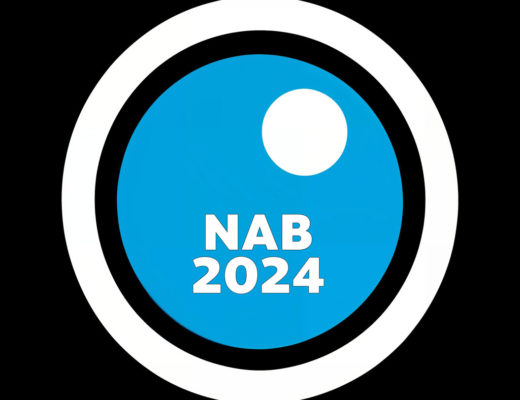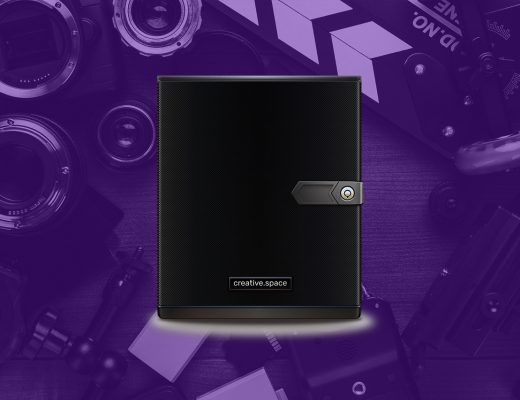
- Image via Wikipedia
Our brains need to see the emotion on the faces of others in order for us to understand their feelings. It’s much easier to act without compassion when your brain isn’t reminding you that the there is a breathing, thinkingfeelinghuman being on the receiving end of your comments.
Over on the Fast Company site,Jamais Casciohas apostthat adds more pieces to the puzzle of social networking, the brain and empathy.
Jamais reports onAntonio Damasio’snew report called “Neural Correlates of Admiration and Compassion” from theBrain and Creativity Institute.
…the human brain evolved to very quickly recognize and empathize with physical pain and fear in others, but is much slower to recognize and empathize with emotional pain, or to acknowledge and celebrate virtue or skill. What this means is that, in a media environment where our social encounters happen very quickly, we may not be giving our brains a chance to generate appropriate compassion or admiration. This is especially problematic with regards to compassion, as we may find ourselves building insufficient bonds of empathy, critical to communities undergoing stress (and we’re seeing a lot of stressed-out communities right now!).
Enter the social networks, particularly Twitter:
…the real issue are the forms of media where rapid-fire messaging overwhelms the brain’s capacity to see consequences. Any kind of rapid interaction, where we absorb a message and then move on to a new one in a very brief amount of time, can result in this social numbness.
To some extent, the rise in the use of video on the web is going to help deal with the need for facial expressions. Already, kids are abandoning IM for video-chat. How long can it be before all web-based interactions will be via video? But that still leaves the question of length of interaction. I’d love to know what Damasio et al think of12seconds, a video version of Twitter. Does the fact that you can see the person’s face make up for the fact that the encounter is only 12 seconds long?
Full article @http://story2oh.com/2009/4/15/the-brain-compassion-and-the-social-networks
Related articles by Zemanta
- Scientists warn of Twitter dangers (cnn.com)
- Twitter and Facebook could harm moral values scientists warn (telegraph.co.uk)
- Twitter Leads to Immorality? C’mon! (readwriteweb.com)

Filmtools
Filmmakers go-to destination for pre-production, production & post production equipment!
Shop Now
![The Brain, Compassion and Social Networking 6 Reblog this post [with Zemanta]](http://img.zemanta.com/reblog_e.png?x-id=066322b5-a101-41d0-82e5-8afca3e83787)













